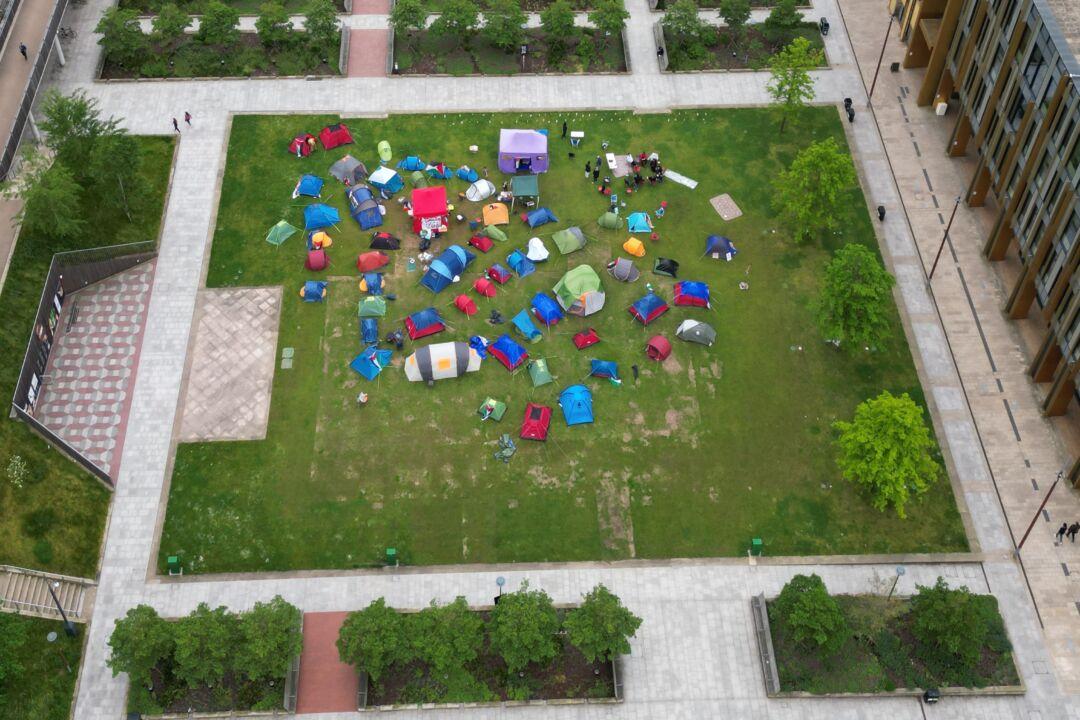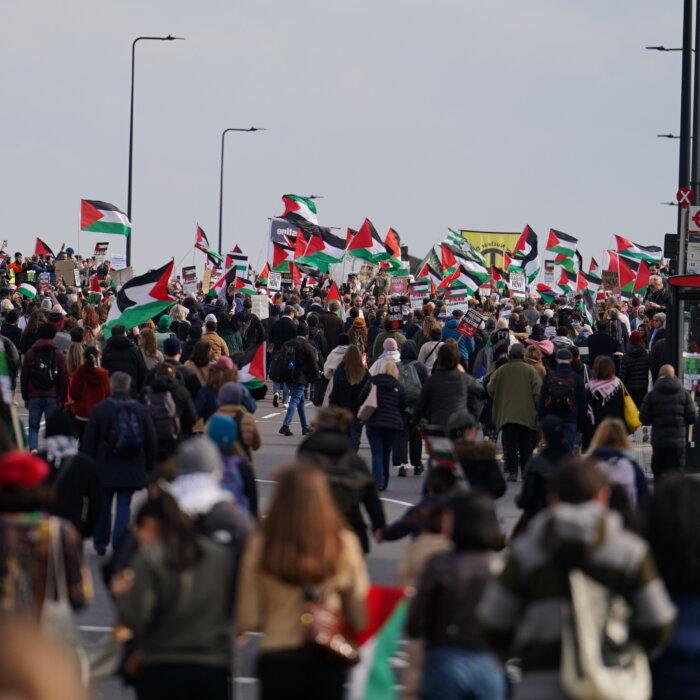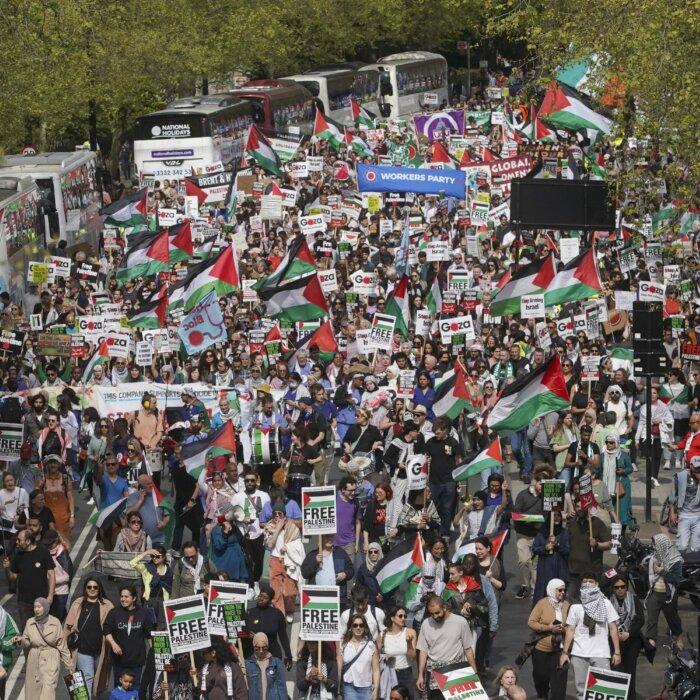Two UK universities have been granted permission to clear campus land, where students have been camping for weeks in pro-Palestinian protest encampments.
On Wednesday, the High Court granted possession orders to the University of Nottingham and the University of Birmingham, allowing them to evict protesters, who have set up tents on campuses in May.
The protesters have been objecting to the removal and said their rights to free speech and assembly would be infringed.
However, Mr. Justice Johnson said in the Tuesday rulings that protesters had “no real prospect” of showing that universities had breached their duties or that the eviction would be incompatible with their human rights.
The summary possession orders, granted by the court, mean that if the protesters do not leave, they can be forcibly removed by bailiffs. The ruling effectively enabled a decision in the universities’ favour without a full trial.
Covered by the orders are the University of Nottingham’s Jubilee Campus, where up to 15 tents had been set up, and the University of Birmingham’s “Green Heart” outdoor area.
Protesters
The universities have been unable to identify most of the protesters, with only two students named in both cases.In the Birmingham case, the identified defendant is a 20-year-old British-Pakistani student Mariyah Ali. A 24-year-old former Nottingham University student, River Butterworth, is the defendant in the second case.
The two protesters said that the legal action was a “censoring tactic” and would cause “disproportionate interference” with their free speech and protest rights.
The court was told that the protest encampments were part of the protests in support of people in Gaza and were held in solidarity with other demonstrations around the world, including North America.
In April, a student society wrote a letter to the vice-chancellor of the University of Birmingham with a series of demands.
The universities have said that the ongoing encampments are disruptive for the whole student community. Lawyers for the universities accused protesters of trespassing on private land and being allegedly linked to “unlawful activities”.
Mr. Justice Johnson, however, did not rule on the accounts of alleged disruptive acts and said that there were “many other ways” for the activists to exercise their right to protest without occupying the university campuses.
Speaking after the ruling, Ms. Ali said she was “incredibly disappointed” by the court’s decision. The protester said she was “deeply saddened” that the University of Birmingham silences students “to protect their ties with arms manufacturers such as BAE systems.”
Universities
The University of Birmingham said that the court’s decision will help ensure that its “diverse community” can use the “entirety of the university’s campus without feeling that there are parts of campus where they cannot go.”“We will continue to uphold our strong commitment to free speech for the whole of the university community,” it added in a statement.
A spokesperson for the University of Nottingham said that the court order will “minimise disruption to students and staff accessing the teaching, learning and research spaces they require.”
The first British institution to evict its students from an encampment for Gaza after receiving a court order was the London School of Economics.
Following an interim possession order, granted by a judge on June 14, the protesters removed the encampment in one of LSE buildings three days later.







